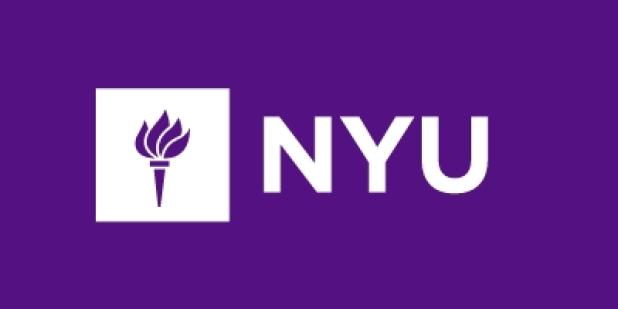Join us for a free one-day workshop for educators at the Japanese American National Museum, hosted by the USC U.S.-China Institute and the National Consortium for Teaching about Asia. This workshop will include a guided tour of the beloved exhibition Common Ground: The Heart of Community, slated to close permanently in January 2025. Following the tour, learn strategies for engaging students in the primary source artifacts, images, and documents found in JANM’s vast collection and discover classroom-ready resources to support teaching and learning about the Japanese American experience.
A Comparative Analysis of a Foreign Worker’s Status in China and the U.S.
The U.S-Asia Law Institute at the NYU School of Law hosts a talk by Zhe Huang on the differences between U.S. and Chinese wrokers visa.
Where

An alien’s status is a legal state of being in a country. It is dependent on different circumstances. For example, in the United States, an H-1B worker’s status is dependent on the individual employer. The H-1B status contains the legal right to work and live in the U.S. for that particular employer temporarily. The status does not afford more rights to legal foreign workers, comparing to illegal workers.
In China, an alien worker’s status depends on the likes and dislikes of the state. A status in China affords more rights to legal foreign workers and illegal workers are punished by the state. An alien worker’s status contracts and expands according to different levels of talents. This presentation will discuss the differences of work visa holders’ status between these two countries and make an argument for reform.
Zhe Huang is an immigration lawyer in New York and a researcher of Chinese property law. She received her SJ.D degree from University of Wisconsin Law School in 2015. Her research at Wisconsin focused on the social responsibilities of property rights on state-owned and collective-owned land in China. Her work has appeared in several U.S. and foreign journals. She received her LL.M from Shanghai Jiao Tong University Law School in 2010. Her research interests at the U.S.-Asia Law Institute are the nature of migrant workers’ status and the rights to live and work.
Text from the U.S.-Asia Law Institute of NYU Law School
Featured Articles
Please join us for the Grad Mixer! Hosted by USC Annenberg Office of International Affairs, Enjoy food, drink and conversation with fellow students across USC Annenberg. Graduate students from any field are welcome to join, so it is a great opportunity to meet fellow students with IR/foreign policy-related research topics and interests.
RSVP link: https://forms.gle/1zer188RE9dCS6Ho6
Events
Hosted by USC Annenberg Office of International Affairs, enjoy food, drink and conversation with fellow international students.
Join us for an in-person conversation on Thursday, November 7th at 4pm with author David M. Lampton as he discusses his new book, Living U.S.-China Relations: From Cold War to Cold War. The book examines the history of U.S.-China relations across eight U.S. presidential administrations.




